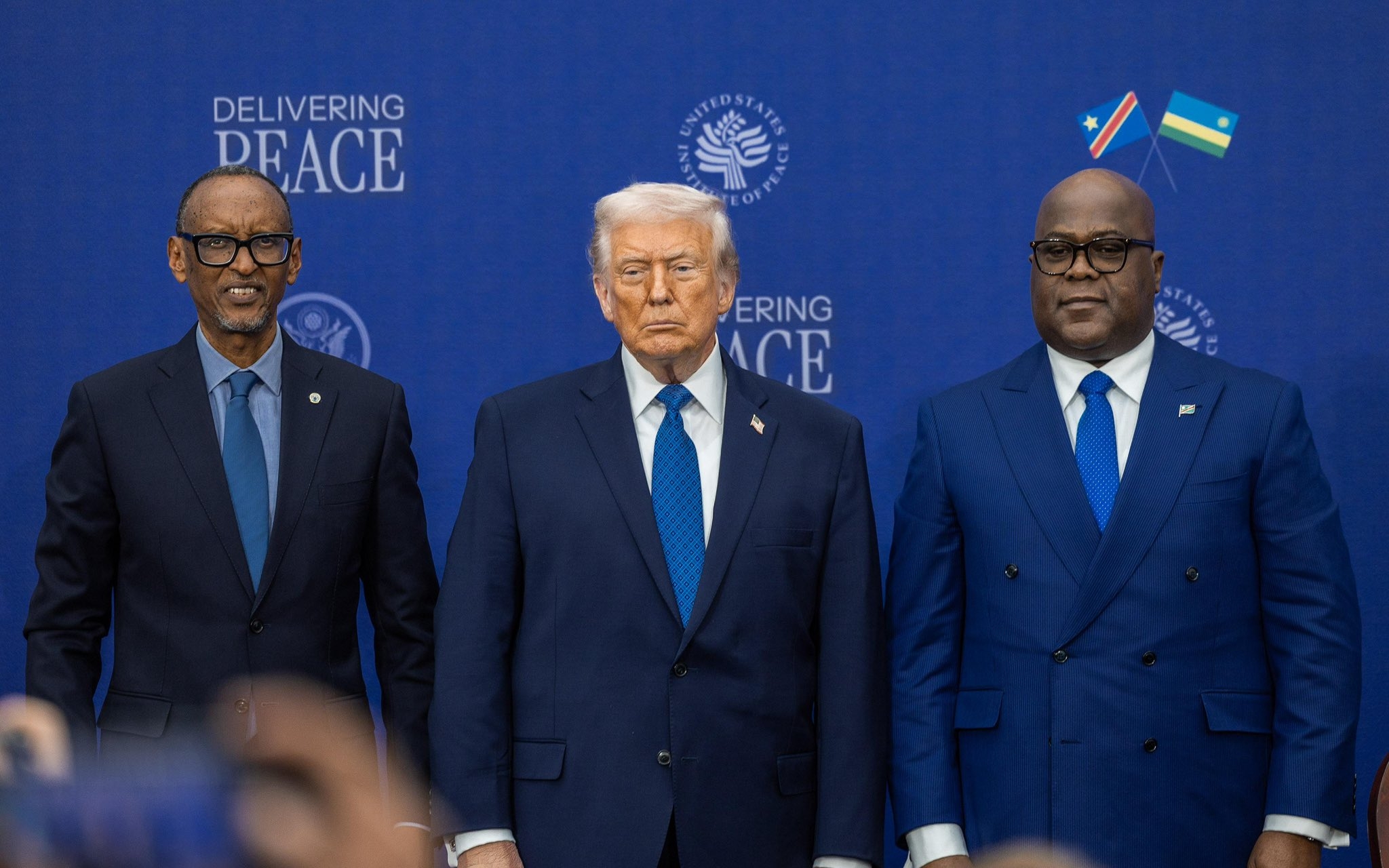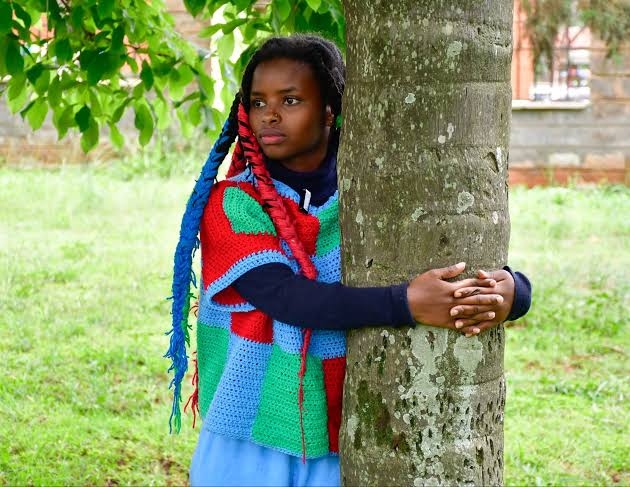Sex education entails information about bodily development, sex, sexuality and relationships but in Kenya today, it's an emotive issue.
According to Wikipedia, sex education is about safe sex, birth control, abstinence and reproductive health and rights.
Children and sexuality, a sensitive combination, isn't it? Every time this topic comes up, it meets much resistance and lack of understanding among adults and also confusion.
Why are we so embarrassed and confused with questions of young people about sexuality? It has to do with the way we look at sexuality, how we view sexuality and how we define sexuality.
Our inept view on sex education can be easily summarised by the events of February 2015 when former President Uhuru Kenyatta launched a global campaign to scale up the war against HIV/AIDS among teenagers.
The campaign titled 'All in the Campaign to End Adolescents AIDS' was a brilliant idea. However, some sections of the mainstream media and social media stereotyped it as a campaign to "give condoms to kids".
That's not all. In 2014, nominated Senator Judith Achieng Sijeny fronted the Reproductive Healthcare Bill (2014) but again it was termed controversial, with detractors claiming the Bill would provide condoms to learners and would go against "our morality, culture and religion".
In Kenya, many conservatives view sex education in schools with a frown— a taboo.
Parents and guardians can't talk openly about sex with their children yet the 2022 Kenya Demographic and Health Survey shows that about 4 in 10 women aged 15–19 who have no education have ever been pregnant, as compared with only five per cent of women who have more than a secondary education.
Religious leaders have become some of the main opponents of sex education in Kenyan schools, with a section of the clergy recently opposing a bid to introduce comprehensive sex education in schools.
The national chairman of the Inter-Religious Council of Kenya Joseph Mutie opined that the solution to ending rising cases of teenage pregnancies is not to educate children on sex but to use parents and spiritual leaders to talk to them.
Archbishop Arthur Kitonga from the Evangelical Alliance of Kenya in his opposition called the introduction of comprehensive sex education in schools satanic.
It's time as a country that we should wake up and smell the coffee, It's not a secret our teenagers are not abstaining, many are engaging in sex. The boys and girls of the 'Tumechill campaign' are not with us anymore. Today any talk about abstinence among teenagers is received with mixed feelings.
If we tarry, children who don't get answers about sexuality from parents, teachers or guardians will seek answers elsewhere from peers, friends, and the internet. Are these the answers we want them to get about sexuality?
They may also be unable to say no in uncomfortable or threatening sexual situations because they have not learned that they can say no and they don't know they are allowed to say no in those situations.
As my doctor once told me, the benefits outweigh the risks if we start today to incorporate sex education in our schools.
One, a sex-educated teenager can make informed decisions on sexuality. These decisions can reduce teenage pregnancies, HIV/AIDS and STIs among our young people.
Meaningful relationships can also be forged if sexual education is given a chance as this can improve relationships among adolescents.
Remember, the internet is big in Kenya today, and with easy access to WiFi hotspots across the country, teenagers can easily plug into pornographic materials that are readily available on social media platform such Tik Tok. The platform is synonymous with young people, hence why sex education is indispensable.
Like Mathematics and sciences, sex education should be mandatory to protect our teenagers.
As we sober up to this debate, let us approach it with strong ethics and humanity. All stakeholders must be involved and conservatism in any form should be left out because sex education is crucial for our children.
For the doubting Thomases, children in the Netherlands are learning about relationships from the tender age of four. The results are refreshing as the country has one of the lowest teenage pregnancy, abortion and STD rates in Europe.
We have failed our children by denying them comprehensive sex education, let myths and misinformation not take sway, time is not on our side.
The writer is a digital sub-editor with The Star

















